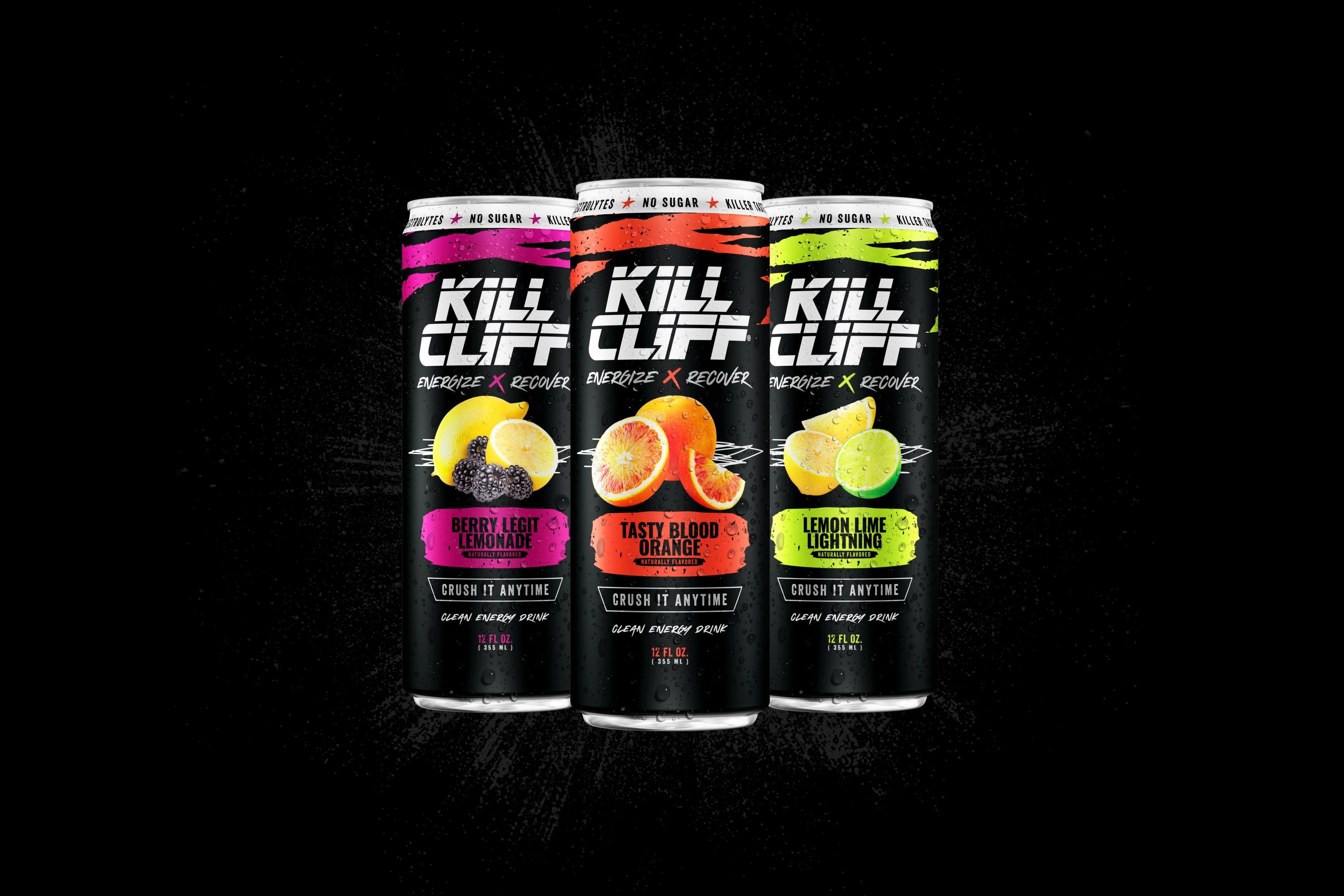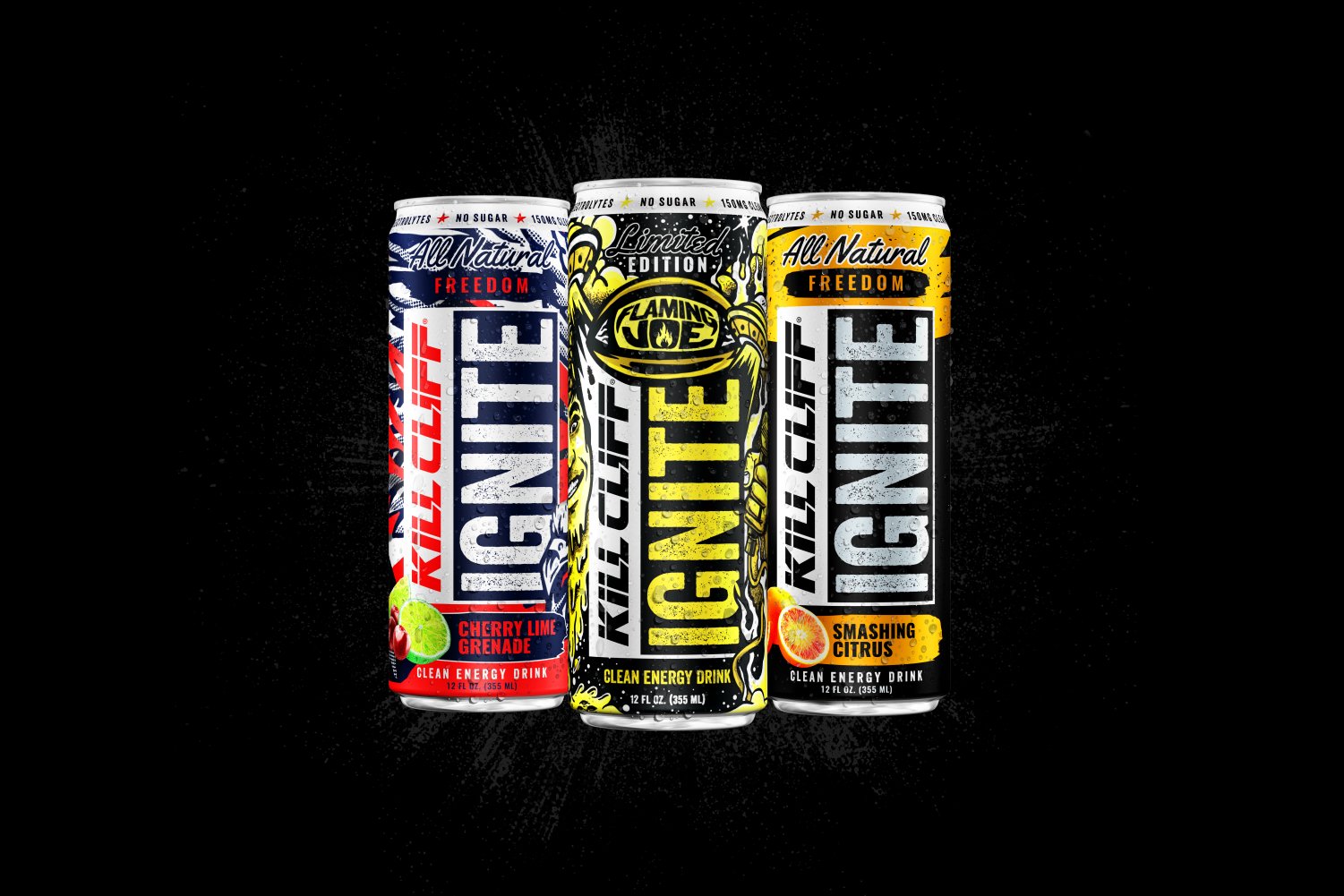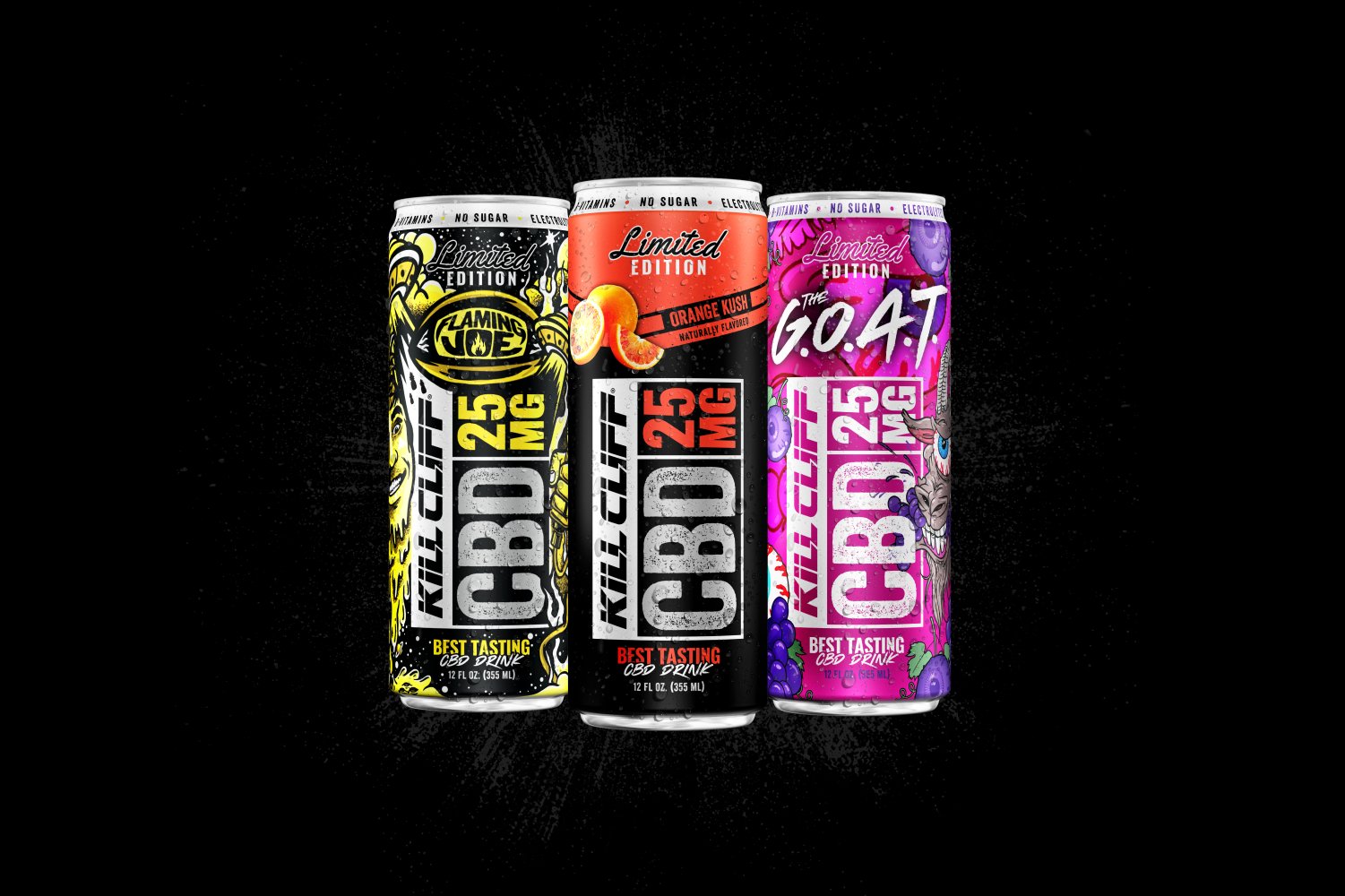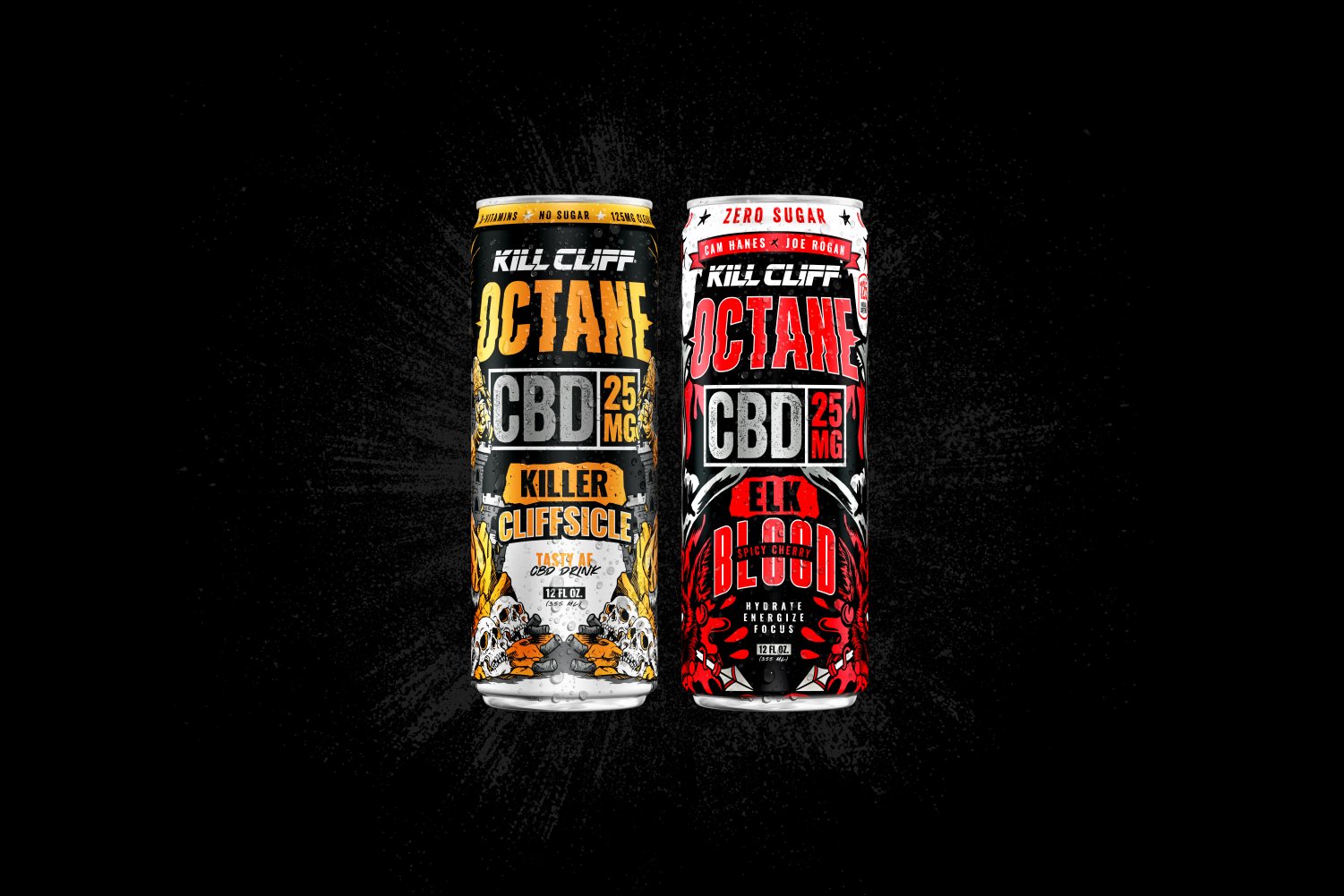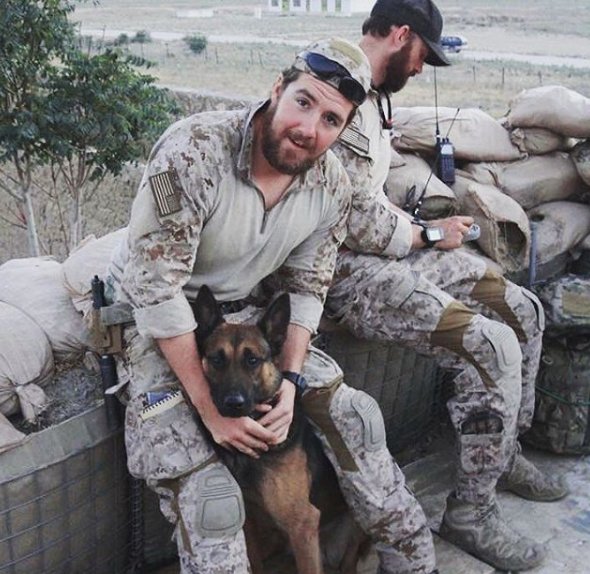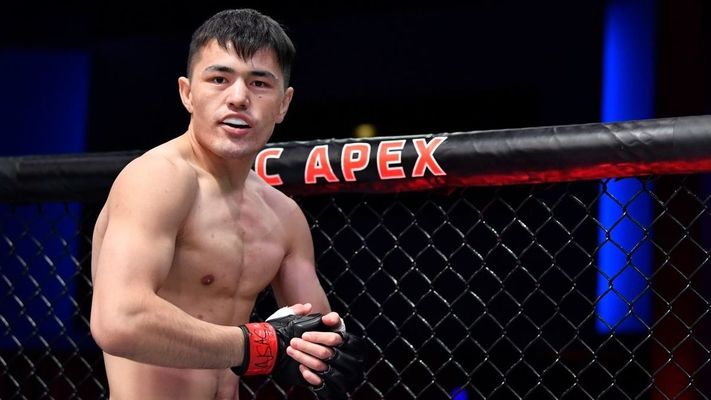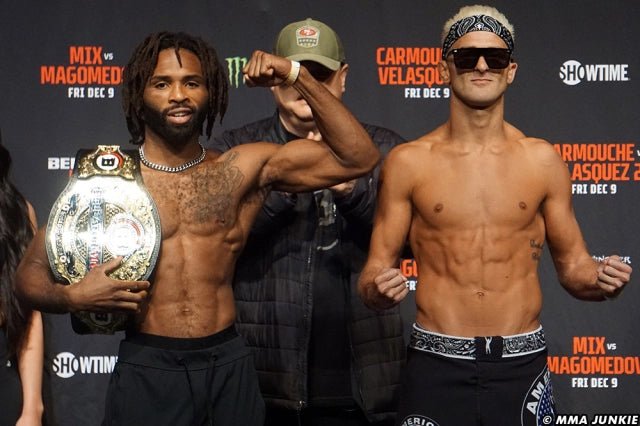Taylor Canfield has taken a different path than most after his departure from the US Navy SEALs. Canfield is currently racing in the K&N Pro Series with aspirations of racing at the highest level of NASCAR.
We recently sat down with Taylor to learn more about his transition from SEALs to the race track. Continue reading for the full interview.
KC: Was being a SEAL a lifelong dream of yours?
TC: That’s probably the worst story ever. It was the end of my junior year of high school. I had decided to go into the military because I didn’t want to pay for college. I saw my older sister get in debt and decided that’s not for me. I knew the military could pay for college. My buddy came to school and mentioned that I should think about being a SEAL. He told me to look into it and give it some thought. I checked it out and decided the next day that’s what I wanted to do. That’s the end of that story.
During room inspection in BUD/S, the instructors would come in and ask the same question “what’s your story?” I told that story to the first instructor that asked me. He looked at me and said “That story sucks. Go get wet and sandy. Change your story next time”. Lots of guys have inspirational or legacy stories, and I didn’t. During the next room inspection, I was asked that same question by a different instructor, and I gave him a crazy story about stabbing pillows while watching Charlie Sheen since I was 6 years old. The first instructor I had told my original story to was listening outside the room and told the instructor I was lying. Needless to say, I got wet and sandy during most room inspections to follow.
KC: What was your BUD/S experience like?
TC: BUD/S was tough. I wouldn’t do it again. As far as my general experience, you have some of the best and worst times of your life in BUD/S. I think that goes for 99.9% of the guys that make it through training and graduate. I met some of my best friends in training. I was a heavier guy in BUD/S so I got extra a beating after the class beatings. It pushed me that much harder. BUD/S helped me forge who I am today.
KC: You served for 10 years. How hard was that to walk away from? Was there a certain moment that you realized it needed to come to an end?
TC: It was heard because you have done the hardest military training the face of our planet has to offer. Then you tell yourself it's time to walk away and do something else. It was hard to develop a plan to tackle the next phase of life. I did it from the time I was 18 to 28. For all my adult life, all I knew was military and SEAL Team routine. It was scary thinking that I was going to have to drop this one day and pick up something else. NASCAR wasn’t always a pipe dream, but it’s always been a part of my life. My dad and I always used to watch and go to races. It really set in that I wanted to do NASCAR after I was able to reflect and realize how much mental fortitude the military gave me to go do literally anything else I wanted to do. Not everything will be easy, but nothing is impossible.
KC: Going from being a Team guy to a NASCAR driver isn’t a common move. How did you make that transition? Was it something that you were always thinking about during your time as a SEAL?
TC: It’s not common. It’s so uncommon that I’m the only SEAL to ever attempt this. Many do off-road racing, but NASCAR driver is a first. There’s a really big mental swing that I had to figure out to make this transition. Physically, you still have to be in good condition. It’s not SEAL condition, so the physical part isn’t difficult. The mental part was transitioning from keeping your life a secret to being in the public eye all the time. As an active SEAL, it’s not a good thing to be in the public eye, the silent warrior is one of our mottos. If you screw up publicly, it could be a black eye for the SEAL teams. They want you to keep a low profile on social media and understandably so. I had no social media until just a few years ago. It’s been a difficult transition having to put myself out there on social media so people know where I am coming and where I'm going, but I hope to inspire as many people as I can in the process to pursue their dreams.
KC: What kind of training have you done for driving? Whether that be in the gym or in the car?
TC: The most important thing you have to do as a professional driver is to practice. There's no simulation that can train to for what you feel in your hands and in your seat during a race. That only comes with seat time. I grew up racing anything that had an engine and wheels on it. I had a very broad but shallow experience level whereas a lot of guys have strict carting/road course experience before NASCAR. Me, I grew up on a dirt bike. When I could finally drive, I was doing crazy things out in the country with any vehicle I could get my hands on. We got to drive many different automobiles in the military as well which helps. It has allowed me to adapt pretty quickly to oval asphalt racing. Since then, it’s just been about how much seat time and how much practice time I can get on an asphalt oval track.
Gym wise, I keep up with my normal gym routine from when I got out of the military. I usually do three days on and one day off. It’s worked pretty well for me.
KC: What are your short and long-term goals for your NASCAR career?
TC: Long term is to be racing in the Monster Energy Cup Series while bringing the veteran and my supporting communities with me. The timeline on that will hopefully be about five years, sooner if I can help it. That’s an ambitious goal, but I like that. In the short term, I want to do well in the K&N Pro Series which I’m racing in full-time right now, and continue to advocate veteran healing through adrenaline therapy and motorsports. I hope to make it into the ARCA Series by 2020.
KC: What does Kill The Quit mean to you?
TC: Anything you do in life you’re going to have hurdles. Some of those hurdles will look like brick walls that people will tell you aren't meant to get over or through. Many people will quit when faced with those walls. That’s the last time you should be thinking about quitting. That’s the last thing that should be on your mind. Busting those walls down are what forges your character, and gives you the strength to hit the next one at full speed and bust through it too. Life is humbling and there are always lessons to be learned. You will never grow as a person and learn those lessons if you quit on yourself when the going gets tough. You'll never truly get to experience pushing yourself beyond limits if you quit. Everyone has the ability inside themselves to push through and pursue their goal and be something great, and when you want it as bad as you want to breathe, nothing can stop you. That's the way through. That’s killing the quit.
Hear more from Taylor here: https://hometracks.nascar.com/2018/10/19/the-road-less-travelled-taylor-canfields-story/
